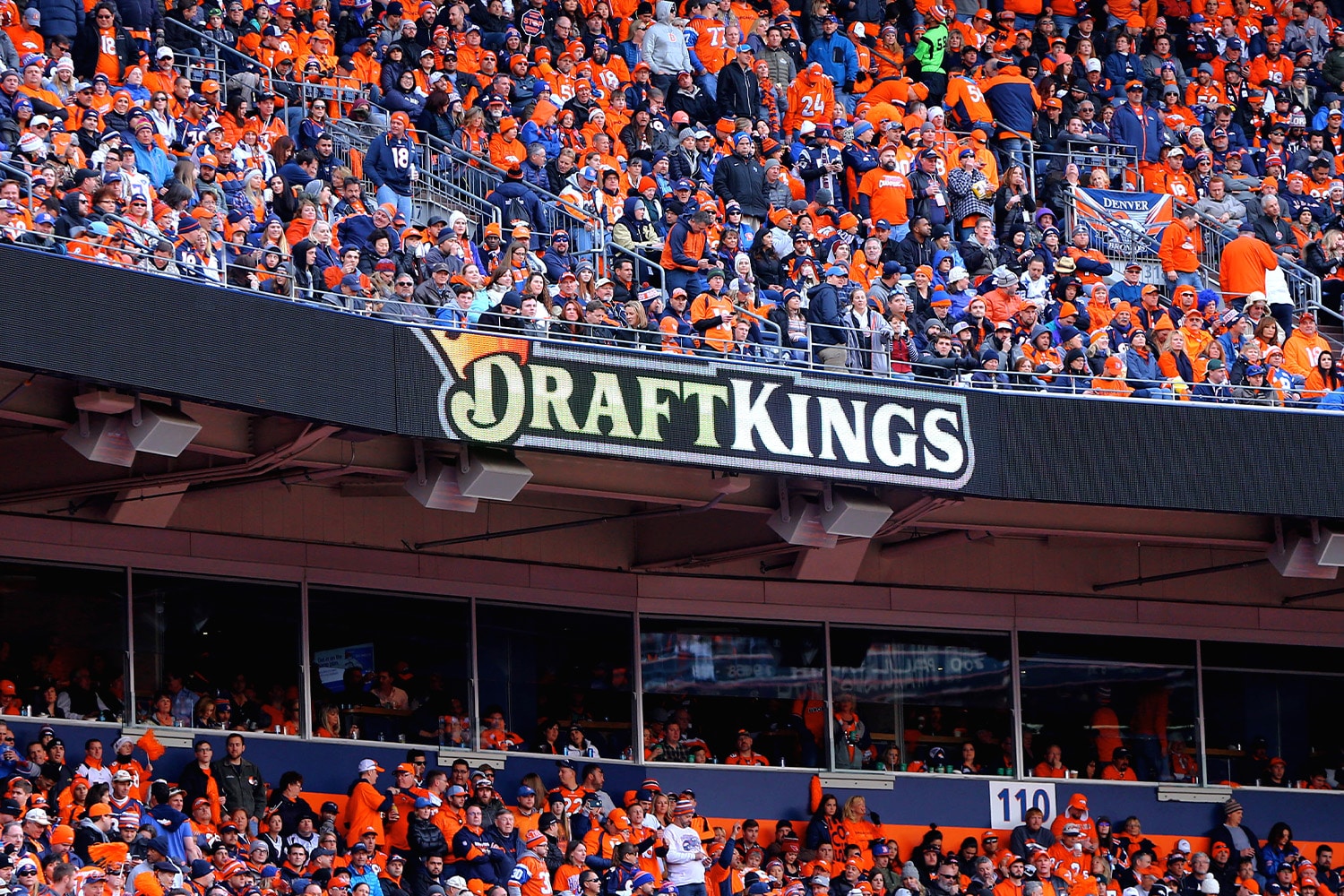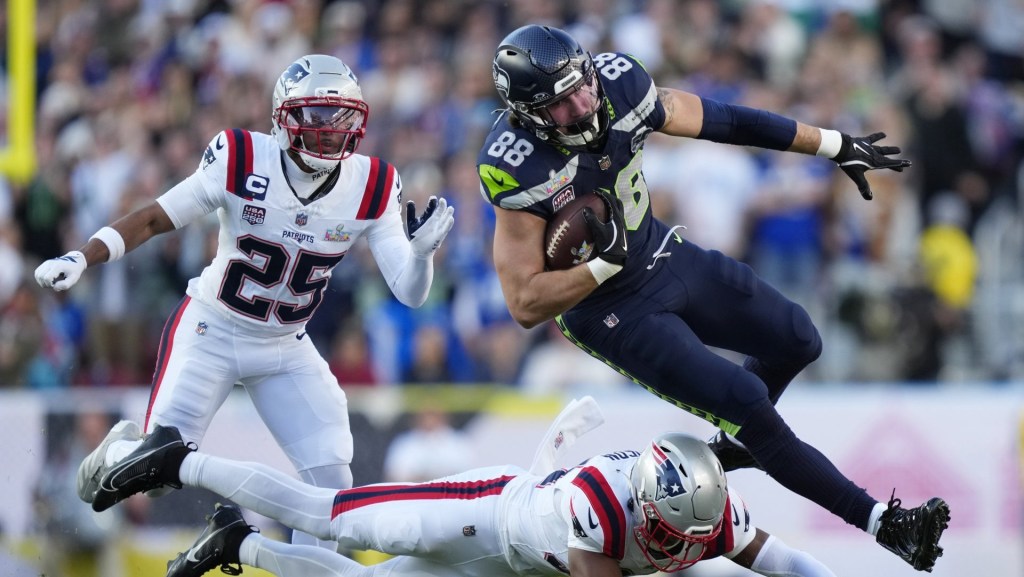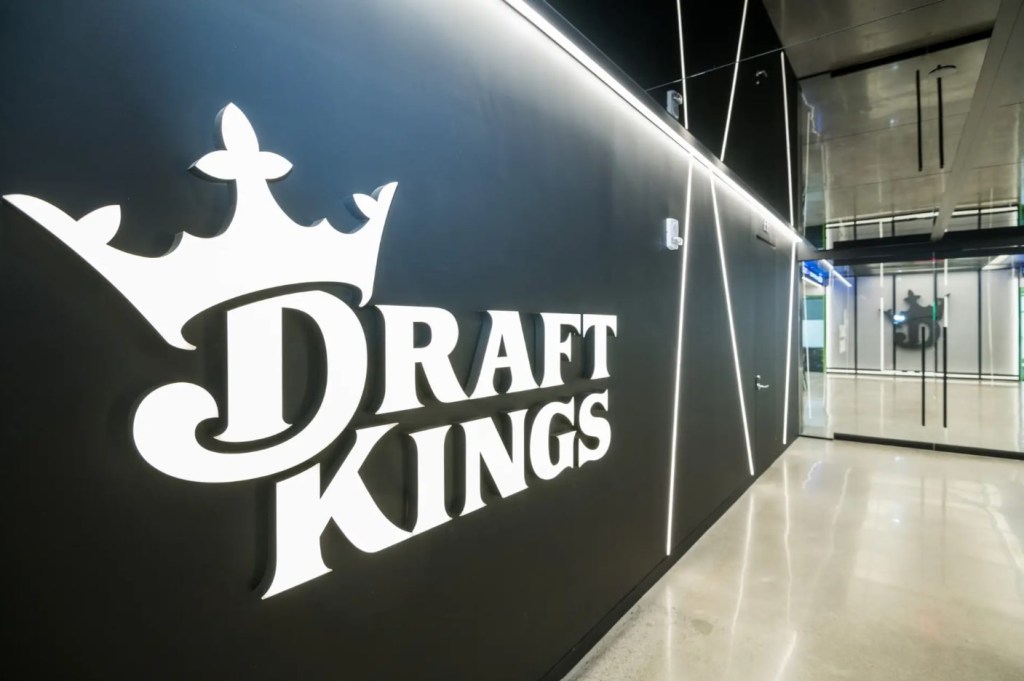New York definitely raised eyebrows when it implemented nearly three years ago a 51% tax on sports betting revenue, a rate far above most other states that have pursued legalization. But after nearly $2 billion in collected tax revenue from sports wagering in the Empire State just since online sports formally began there in January 2022, other states are moving quickly to increase their tax rates and garner money they believe has been left on the table.
The Illinois state legislature, after declining to move on a separate issue around the Bears’ stadium funding, this week approved a budget that increased the sports betting tax from the prior flat 15% rate to a progressive scale of 20–40%, depending on the level of adjusted gaming revenue that a particular sportsbook generates. That top rate in Illinois is now the second-highest level in the country, trailing New York and an identical 51% in New Hampshire and Rhode Island as well.
Doubling the Amount
But the Prairie State is far from alone. Ohio already doubled its sports betting tax rate last year from 10% to 20%. A bill introduced last month in New Jersey would similarly double that state’s rate from 15% to 30%. And more such moves are expected elsewhere around the country.
“We believe the [online sports betting] blended tax rate is likely to increase over the next three to four years,” wrote Oppenheimer analyst Jed Kelly in a research note.
The reasoning behind the heightened legislative push to raise sports betting taxes is clear. Consumer interest in sports betting continues to soar—easily setting new records for overall handle and sportsbook revenue in 2023. New York, meanwhile, consistently is the national leader in monthly state-level betting handle, and operators continue to covet the ability to do business there—even to the point of reversing prior opposition to the idea.
Those factors have given legislators a clear opening to use increased taxation on sports betting as a means to fund other priorities. In Illinois, the additional funds collected will be used to help support an increased child tax credit.
Operator Pushback
Not surprisingly, many operators have actively resisted the increased taxation. The Illinois budget season was marked in part by an active lobbying and advertising push by sportsbooks opposing the heightened rates. The Sports Betting Alliance—a coalition of major legal operators such as DraftKings, FanDuel, Fanatics, and BetMGM—called the Illinois move one that will create “worse products, worse promotions, and inevitably, worse odds for Illinois customers—not to mention provide a massive leg up to dangerous, unregulated, and illegal offshore sportsbooks.”
Jason Robins, chairman, cofounder, and CEO of DraftKings, similarly predicted higher costs to bettors in a recent call with analysts.
“In the end, the cost has to get absorbed by the consumer if the government raises taxes,” he said. “So there’s various levers to that. Also, we could lower external marketing, which I think will be partially just driven by the fact that if taxes go up, we’re going to have to create better margins.”
There also has been a material impact to the ongoing tax developments on the stock market. DraftKings stock has declined by 15% in the last week, while shares in FanDuel parent Flutter Entertainment are down by nearly 8%, and ESPN Bet operator Penn Entertainment has similarly fallen by 6%.





![[Subscription Customers Only] Jun 15, 2025; Seattle, Washington, USA; Botafogo owner John Textor inside the stadium before the match during a group stage match of the 2025 FIFA Club World Cup at Lumen Field.](https://frontofficesports.com/wp-content/uploads/2026/02/USATSI_26465842_168416386_lowres-scaled.jpg?quality=100&w=1024)
![[Subscription Customers Only] Jul 13, 2025; East Rutherford, New Jersey, USA; Chelsea FC midfielder Cole Palmer (10) celebrates winning the final of the 2025 FIFA Club World Cup at MetLife Stadium](https://frontofficesports.com/wp-content/uploads/2026/02/USATSI_26636703-scaled-e1770932227605.jpg?quality=100&w=1024)


![ESPN Bet broadcasts inside the PGA Tour Studios building in Ponte Vedra Beach, Florida, on March 14, 2025. [Clayton Freeman/Florida Times-Union]](https://frontofficesports.com/wp-content/uploads/2026/02/USATSI_25668497_168416386_lowres-1-scaled.jpg?quality=100&w=1024)







